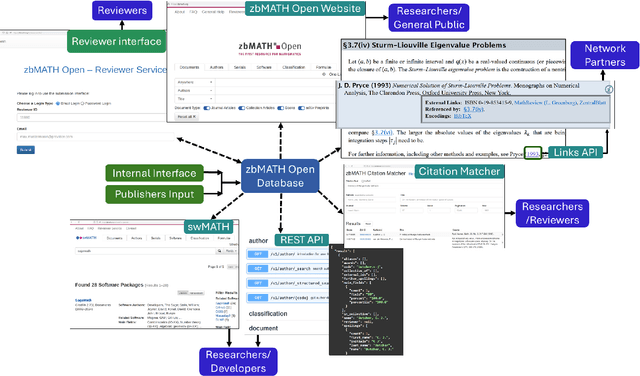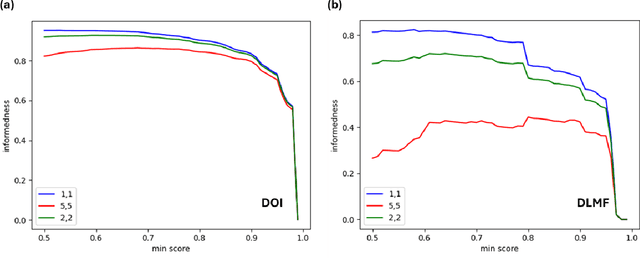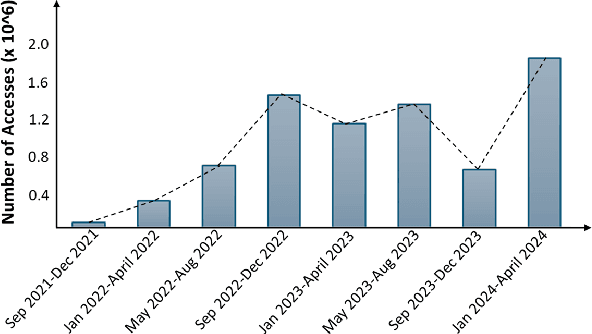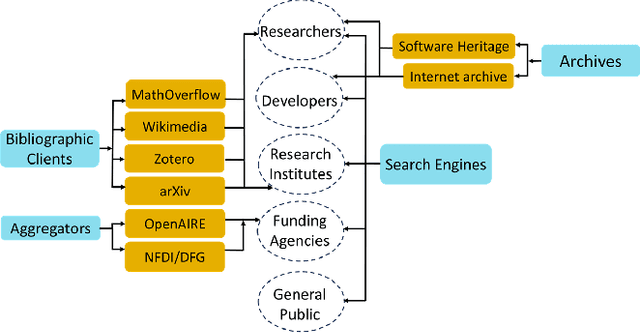Isabel Beckenbach
An Overview of zbMATH Open Digital Library
Oct 09, 2024



Abstract:Mathematical research thrives on the effective dissemination and discovery of knowledge. zbMATH Open has emerged as a pivotal platform in this landscape, offering a comprehensive repository of mathematical literature. Beyond indexing and abstracting, it serves as a unified quality-assured infrastructure for finding, evaluating, and connecting mathematical information that advances mathematical research as well as interdisciplinary exploration. zbMATH Open enables scientific quality control by post-publication reviews and promotes connections between researchers, institutions, and research outputs. This paper represents the functionalities of the most significant features of this open-access service, highlighting its role in shaping the future of mathematical information retrieval.
Taxonomy of Mathematical Plagiarism
Jan 30, 2024Abstract:Plagiarism is a pressing concern, even more so with the availability of large language models. Existing plagiarism detection systems reliably find copied and moderately reworded text but fail for idea plagiarism, especially in mathematical science, which heavily uses formal mathematical notation. We make two contributions. First, we establish a taxonomy of mathematical content reuse by annotating potentially plagiarised 122 scientific document pairs. Second, we analyze the best-performing approaches to detect plagiarism and mathematical content similarity on the newly established taxonomy. We found that the best-performing methods for plagiarism and math content similarity achieve an overall detection score (PlagDet) of 0.06 and 0.16, respectively. The best-performing methods failed to detect most cases from all seven newly established math similarity types. Outlined contributions will benefit research in plagiarism detection systems, recommender systems, question-answering systems, and search engines. We make our experiment's code and annotated dataset available to the community: https://github.com/gipplab/Taxonomy-of-Mathematical-Plagiarism
 Add to Chrome
Add to Chrome Add to Firefox
Add to Firefox Add to Edge
Add to Edge